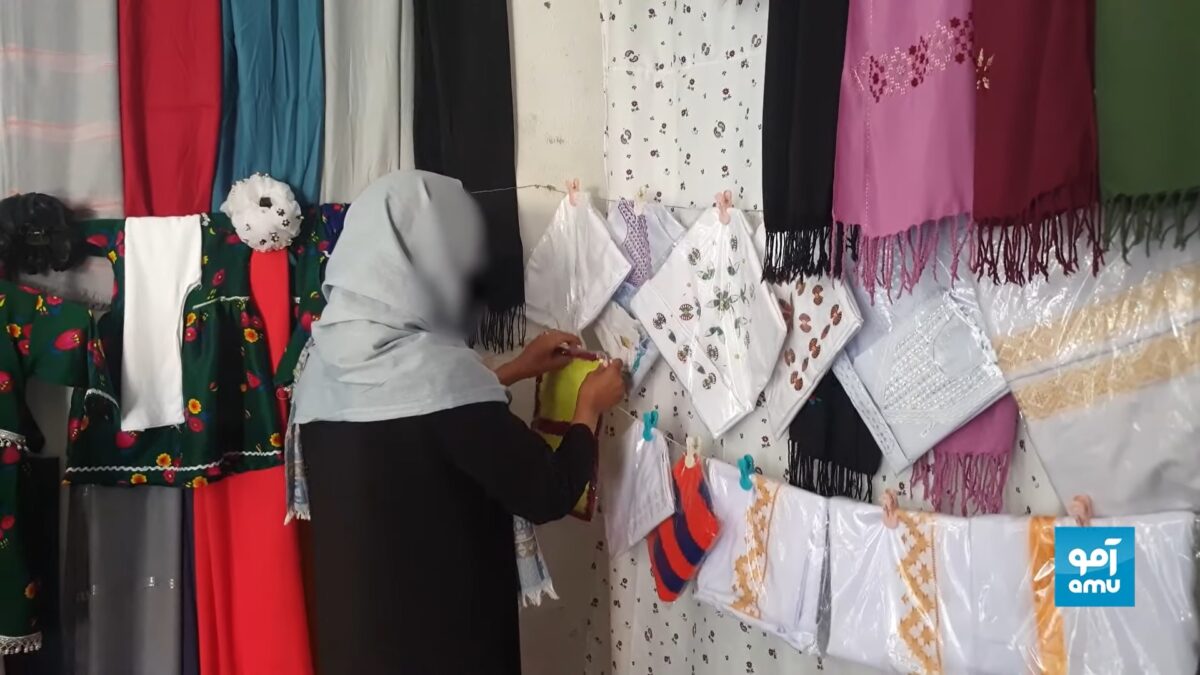Since the Taliban takeover and the change of regime in Afghanistan, women’s lives have been severely restricted, and they have been denied employment opportunities.
Female judges and court employees were summarily dismissed and Nikbakht Jafari, a former case registrar at the Bamiyan court, is one of many women affected by these dismissals.
After working for nine years, she found herself unemployed when the Taliban assumed control.
She now runs a small handicraft shop to support her family. Jafari has expressed concern that the criminals whose cases she had registered in the past have been released and that her life could be in danger.
“I was director of the registration system of cases; they (most of the cases) belonged to people linked with the mafia,” Jafari said.
“After the Islamic Emirate came into power, we are always under threat and we keep changing our places [of residence] and we also face economic hardships,” said Razia, Nikbakht’s sister.
Under the Taliban’s restrictive policies, women have been systematically excluded from the workforce, effectively confining them to a prison-like existence.
Richard Bennett, the United Nations Special Rapporteur on human rights in Afghanistan, recently highlighted in a report that the Taliban has issued more than fifty restrictive orders specifically targeting women.
These orders have resulted in women being denied access to education, prohibited from working in non-governmental organizations, prevented from pursuing higher education, and even forbidden from walking in public parks.
The European Parliament has referred to these Taliban policies as “gender apartheid,” drawing attention to the severe and discriminatory treatment of women.





